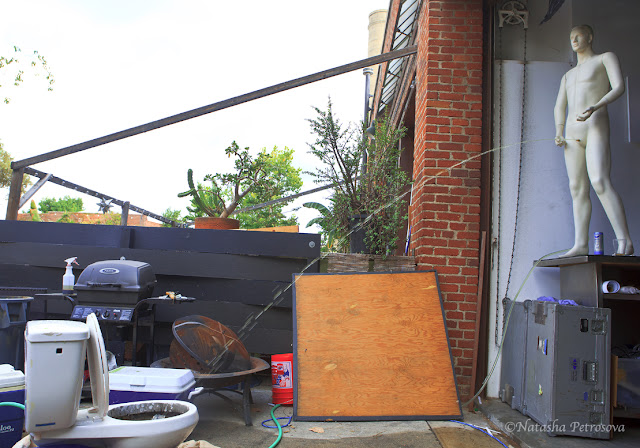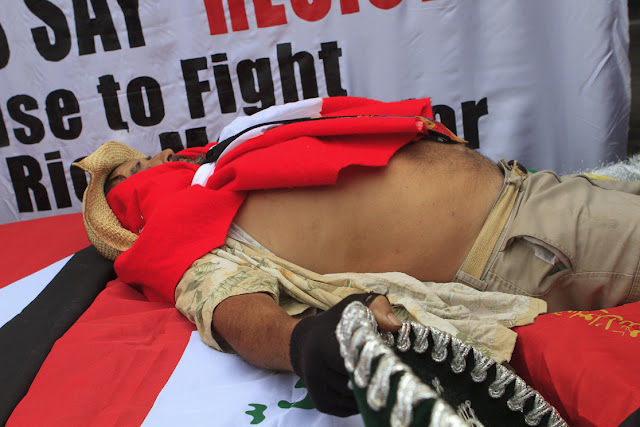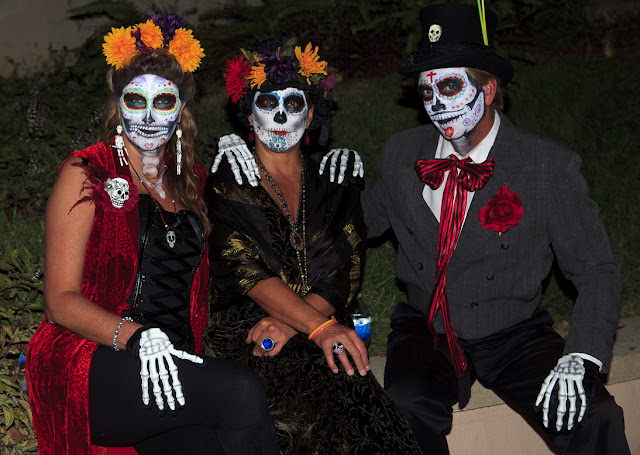"If you will join me and a few other friends, we will build a city and build homes for many a homeless family. We will show the world a trick or two they do not know."
- Job Harriman
Llano Del Rio
Most people have never heard about the old Californian socialist community, Llano
Del Rio, or the name of its founder, Job Harriman, and even fewer are aware of Harriman’s
ideas and the impact they have had on American society . Llano Del Rio was small, short lived
community implementing the social programs that were then considered unAmerican Llano Del
Rio developed and implemented the minimum wage, eight-hour work day, low-cost housing,
social security, welfare, and strides toward universal health care . The community's founder,
Job Harriman sought to solve problems of unemployment and homelessness, and provide a
better quality of life to average citizens. He advocated free education and health care as well as
social reforms that continue benefitting the average man, to this day. In his book “The
Gateway to Freedom” Harriman wrote:
"The average man is sustained through youth andearly manhood by the illusion that ability or goodfortune ultimately will reward him with a largeshare of wealth. Disillusionment comes when he awakens to the futility of his efforts. Frequently this comes after a struggle that hasbroken him in body and spirit before he has reached middle age.Years of unceasing toil result at best in only a few materialrewards at the end of life. No one is secure against the hazards ofpossible, financial failure. No one has a guarantee against disemployment,poverty and suffering for their loved ones.In the turmoil of life the modern city is a battlefield where thefierceness of competition crushes, maims and kills. Men and womengather day after day in such strife that only those whose instincts andtraining fit them for successful trickery, or whose natures rendercontinual vigilance possible, meet with any degree of success. Forthe masses failure is inevitable".
The Llano Del Rio story begins with a bomb explosion behind the Los Angeles Times
Building in October 1910, which killed 20 employees and seriously injured 100 more. LA Times
owner and publisher, Otis Chandler had been involved in a long and bitter fight with organized
labor unions, and he immediately suspected that union members were behind for the crime.
Chandler hired a detective who found evidence that labor organizers Ortie McManigal and
McNamara Brothers were involved in the bombing. McManigal and Brothers were arrested and
both plead not guilty.
Socialist lawyer and Indiana politician, Job Harriman served as their defense counselor
while also running for a mayor. His assistant, Clearance Darrow eventually took over the case,
as Harriman was busy running his mayoral campaign. Darrow convinced the accused to plead
guilty in order to avoid the death penalty. They plead guilty just days before the election, and
some contend that the timing ruined Harriman's chance of becoming mayor. After losing the
election, Harriman and his supporters decided to establish a socialist colony. They purchased
land and water rights in the Mojave Desert, about 20 miles east of Palmdale, and in 1914
established the Llano Del Rio colony.
Harriman personally solicited individuals and families to become members of his new
colony, and he bought advertisements in Western Comrade and the California Social-Democrat.
To become colony members, participants had to purchase 2,000 shares of stock in the company;
in the return they were promised a job, a home, a living wage, education, and health care. Over
the next few years the colony grew rapidly, and by 1917 there were nearly 1,000 members.
Members lived in tents as buildings were constructed that first year. Community structures
were designed by self-taught architect, Alice Constance Austin, also a feminist-socialist. Austin
designed a circular community which included childcare facilities and homes without kitchens.
Llano Del Rio was a self-governed community that consisted of 60 different committees
reporting to a government board. By 1916 the community included two hotels, a boot factory,
post office, print shop, and 75 acres of gardens, including hundreds of fruit trees, alfalfa, and
grain. In just a short time, Llano Del Rio produced 90% of everything they needed to support
the community. The colony also maintained the first and largest Montessori school with both a
theater and orchestra. Llano Del Rio had a rich cultural and intellectual life, and it became a
home for artists, poets, musicians, writers and debate groups.
By 1917 it became apparent that their choice of location in the Antelope Valley was a
mistake, since it was so remote; an earthquake that year left the community with an inadequate
water supply, and they decided to find a new location. Later that year the entire colony was
moved to a Stables, Louisiana, a former lumber town. They established the New Llano in
Louisiana, and adapted to new social and economic conditions there. New Llano remained in
Stables for 22 years, but in 1939 a series of financial problems forced the colony into bankruptcy.
The pending presidential election and recent political debates echo Llano Del Rio's
groundbreaking ideas. As we watched the candidates debate health care reform, Social Security,
welfare, unemployment, and other social issues, the Llano documentary reminded us that
neither republicans nor democrats originated these ideas, but rather, they were introduced 72
years prior at a remote desert socialist colony. In fact, decades before these issues became
politically popular, many faced risks of jailing, beatings, or even deportation for promoting
concepts which nowadays are fully integrated in American society.
Harriman believed that the United States would never implement any social programs or
reforms unless it had an economic model such as Llano Del Rio on which to base them. He was
right, and while many history books call Llano Del Rio an old Utopian community (faded and
failed ideas, in essence) the social changes and reforms that eventually took place in United States
occurred as a direct result of the contributions of labor unions, socialists, and cooperative
communities such as Llano Del Rio.
References:
I. Foster John and Alex Kirkish: Another Look at The Llano Del Rio Colony. SCA proceedings, Volume 23, 2009
II. Harriman Job: The Gateway to Freedom: Llano del Rio Cooperative Colony. Colony Press
Department, Los Angeles, California, 1914
III. Lewis Beverly and Rick Blackwood: American Utopia. Video-recording. 1995
Llano Del Rio Ruins


























